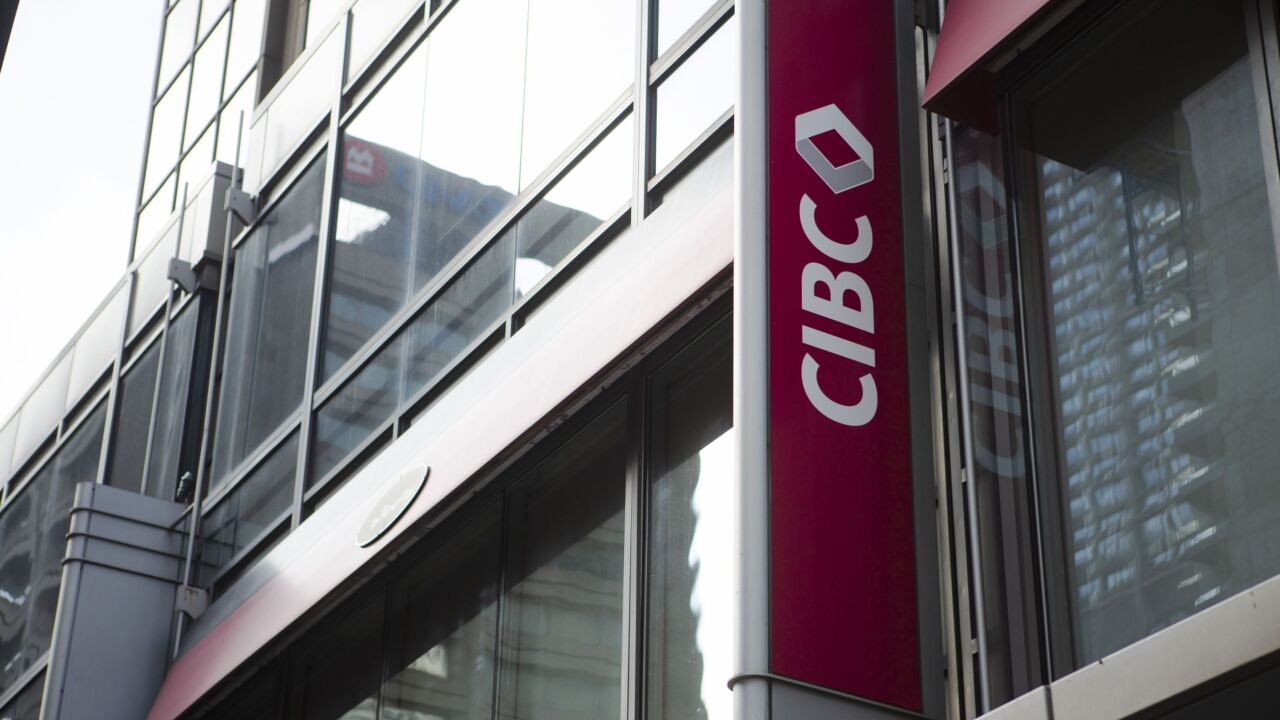-
The bank has pivoted its commercial real estate operation as the rise of work-from-home arrangements has impacted market values. The only type of office space it's financing is Class-A buildings in major cities.
April 19 -
U.S. Bancorp and Wells Fargo both reported robust business loan volumes during the first quarter, while other large lenders reported smaller gains. Inflation is fueling more spending on technology, and companies are catching up on capital expenditures that they deferred earlier in the pandemic, according to bank executives.
April 14 -
As inflation increases, more companies are shifting to remote and hybrid work to get their costs under control. Landlords could face rising vacancies and tumbling revenue, leaving them behind on loan payments.
April 13 -
Banks have supported initiatives aimed at closing the racial equality gap but the industry risks undermining this by fighting new rules to gather demographic data on small-business lending.
April 13
-
The loss was driven by “funding spread widening as well as credit-valuation adjustments relating to both increases in commodities exposures and markdowns of derivatives receivables from Russia-associated counterparties,” the company said.
April 13 -
California and New York were the first states to require the disclosure of certain pricing information to small-business borrowers. But as Utah, Virginia and other states add regulations for nonbank lenders, a fault line has emerged over the use of annual percentage rates.
April 12 -
JPMorgan Chase is planning to use its recently acquired stake in the Greek payments firm Viva Wallet to support lending to small businesses across Europe, an ambition that would introduce a rare cohesion to the Continent’s fragmented banking markets.
April 6 -
Institutions are hiring aggressively or buying up competitors to take part in an equipment finance boom as the economy continues to heal.
April 4 -
Barclays is developing a global private credit strategy, according to several people familiar with the situation, seeking to take part in the fast-growing $1.2 trillion asset class.
April 4 -
Canadian Imperial Bank of Commerce plans to cut the emissions intensity of its lending to the oil and gas sector by 2030, part of a plan to reach net-zero emissions from its operations and financing activities by 2050.
March 31








